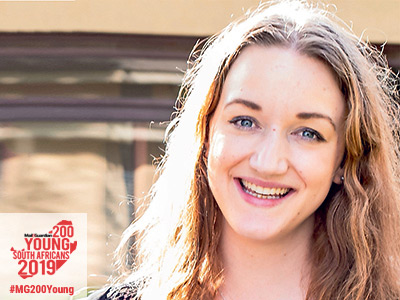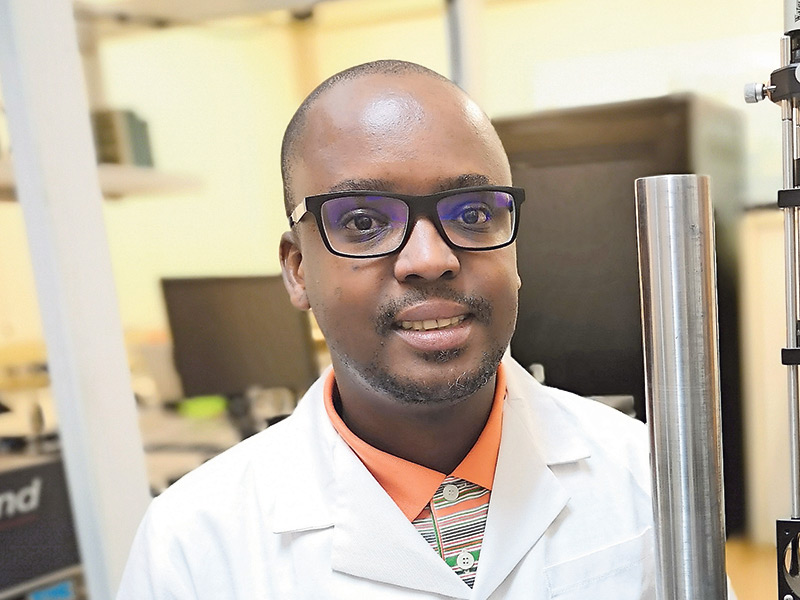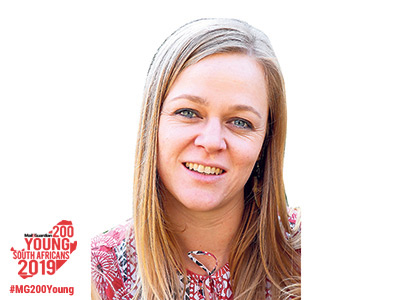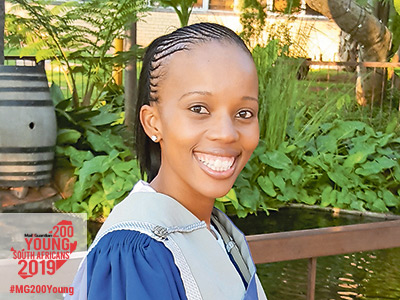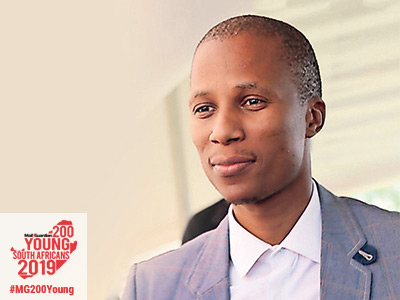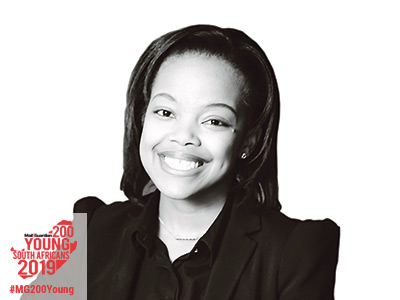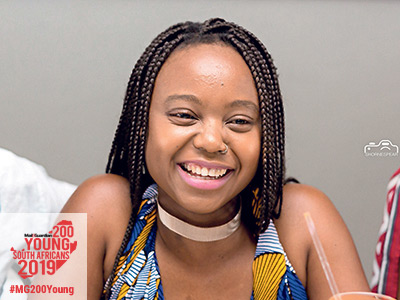Sports scientist Warren Lucas (29) takes minimal time off. This is because he doesn’t consider his job work: “I love what I do. Being a sports scientist for me is like a calling,” he says.
Recognised as an active sport and exercise scientist, Lucas works for the South African Medical Research Council (SAMRC) doing statistical and data analysis, publishing articles, coordinating research as well as testing and screening of patients for data collection. He is chairperson of the Cape Town Gymnastics Association, an organisation that takes gymnastics to previously disadvantaged schools in the Cape in order to expose school children to other sporting codes outside of soccer, rugby, netball and cricket.
More than that, he is also a lecturer at the Exercise Teachers Academy in Cape Town, where he teaches anatomy and physiology, exercise principles and programme design to personal training, fitness and management students.
Lucas, who was born and raised in Cape Town, holds a master’s degree in sports science from the University of the Western Cape. He is currently enrolled for a PhD at the University of Cape Town looking at the impact of personalised exercise plans for patients in rehabilitation centres. He has collaborated internationally with researchers in Spain investigating rates of post-operation surgical infections.
But that’s not all. He is also an executive committee member of the Foundation for Sport, Development and Peace leading the youth portfolio. This foundation is committed to using sport and recreation activities as a vehicle for peace, community resilience, individual development and overall well-being. Together with one of his former students, Lucas also started a research company, the Sport Research Association.
“I started this company because of my passion to discover,” he says. “In South Africa there is not enough research available on areas like how sports is used in schools.”
Currently, the Sport Research Association facilitates sport research among sport codes and postgraduate students in sport, exercise and management sciences in the Western Cape.
Lucas’s work has not gone unacknowledged. In 2017, he was deemed one of Africa’s 100 brightest young minds by the non-profit organisation BYM and earlier this year, he was granted a nod from SAMRC in support of his PhD in progress in Exercise Science, through the faculty of Medicine. – Itumeleng Molefe

